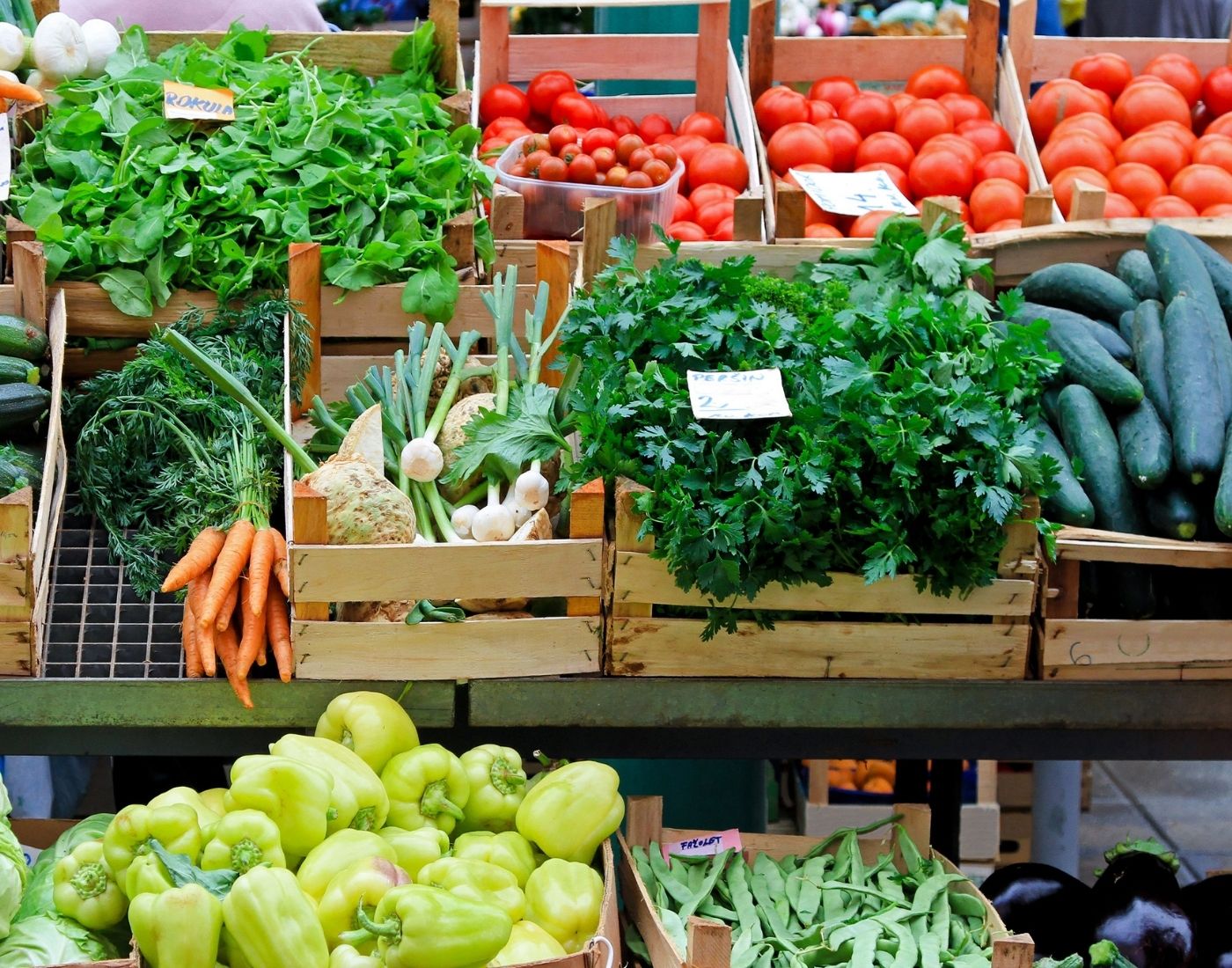This guidance helps small scale producers, such as farmers, crofters and small businesses, understand the food hygiene legal requirements which may apply to them.
Our guidance is an aid and is by no means exhaustive. For more detailed advice, contact your local authority and ask for the advice of your local environmental health officer.

